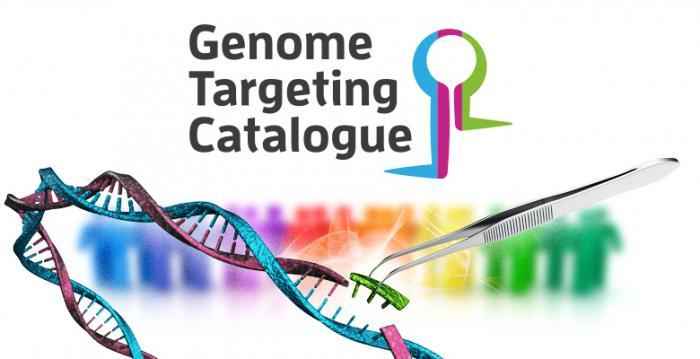To address this need, EMBL’s European Bioinformatics Institute (EMBL-EBI) has launched the Genome Targeting Catalogue. The public repository brings together a broad range of experiments, including targeted and genome-wide studies, currently spanning 47 species. The aim is to make CRISPR experiments easy to find and explore.
“We manually curate the data, which means researchers no longer have to read the whole publication and try to make sense of the associated data to understand what the paper is about,” explains Sybilla Corbett, Curator at EMBL-EBI. “This should help save time and increase the accessibility and visibility of exciting CRISPR research happening around the world.”
A one-stop CRISPR shop
There are many potential applications for the new resource, including human health. For example, if a patient has a genetic mutation, the clinician could search the Genome Targeting Catalogue and easily find any existing CRISPR research about the gene associated with the mutation. This would save hours of work, because until now they would have had to check multiple journals and read tens of papers, with the risk of finding nothing.
“The beauty of this catalogue is that it runs across species, so it’s not just useful for human health, but also many other research areas,” says Daniel Zerbino, EMBL-EBI Group Leader. “The volume of CRISPR research is only going to grow so it’s important to set up this central repository now to get ahead of the game.”
The Genome Targeting Catalogue currently covers over 300 publications and the number continues to grow. Researchers who would like to have their work added to it can check eligibility criteria on the Genome Targeting Catalogue website.
Find out more
Visit the Genome Targeting Catalogue website.
